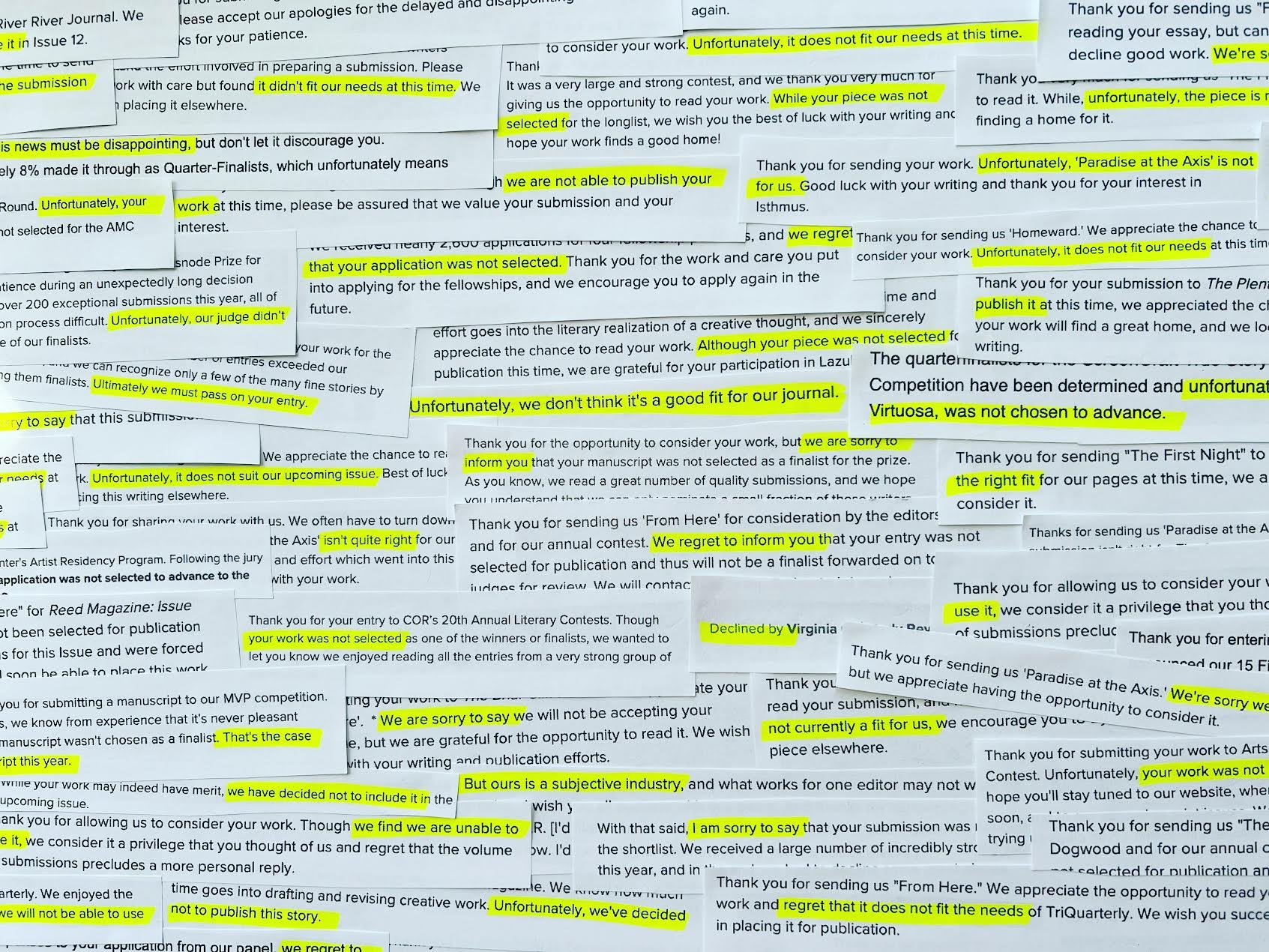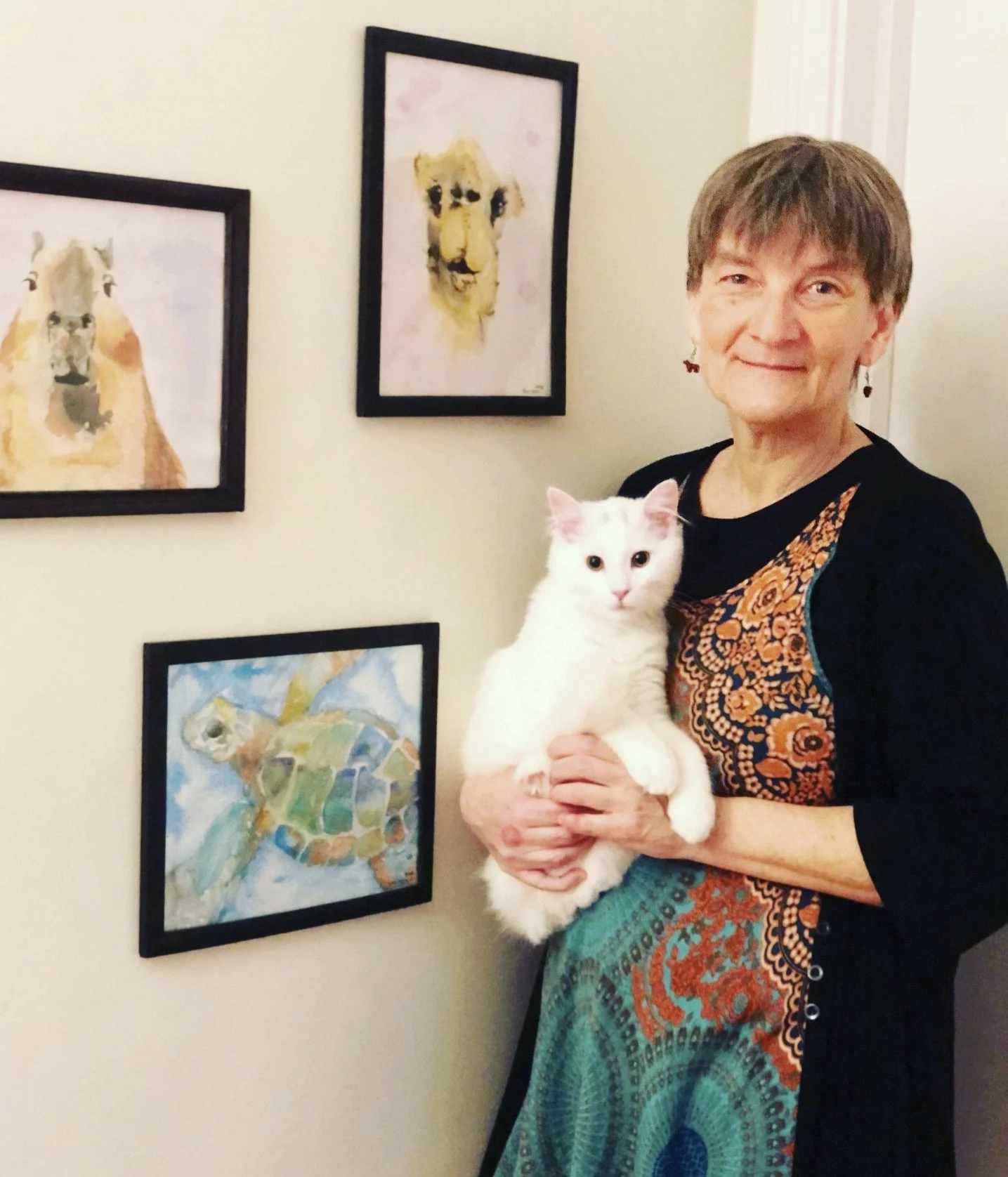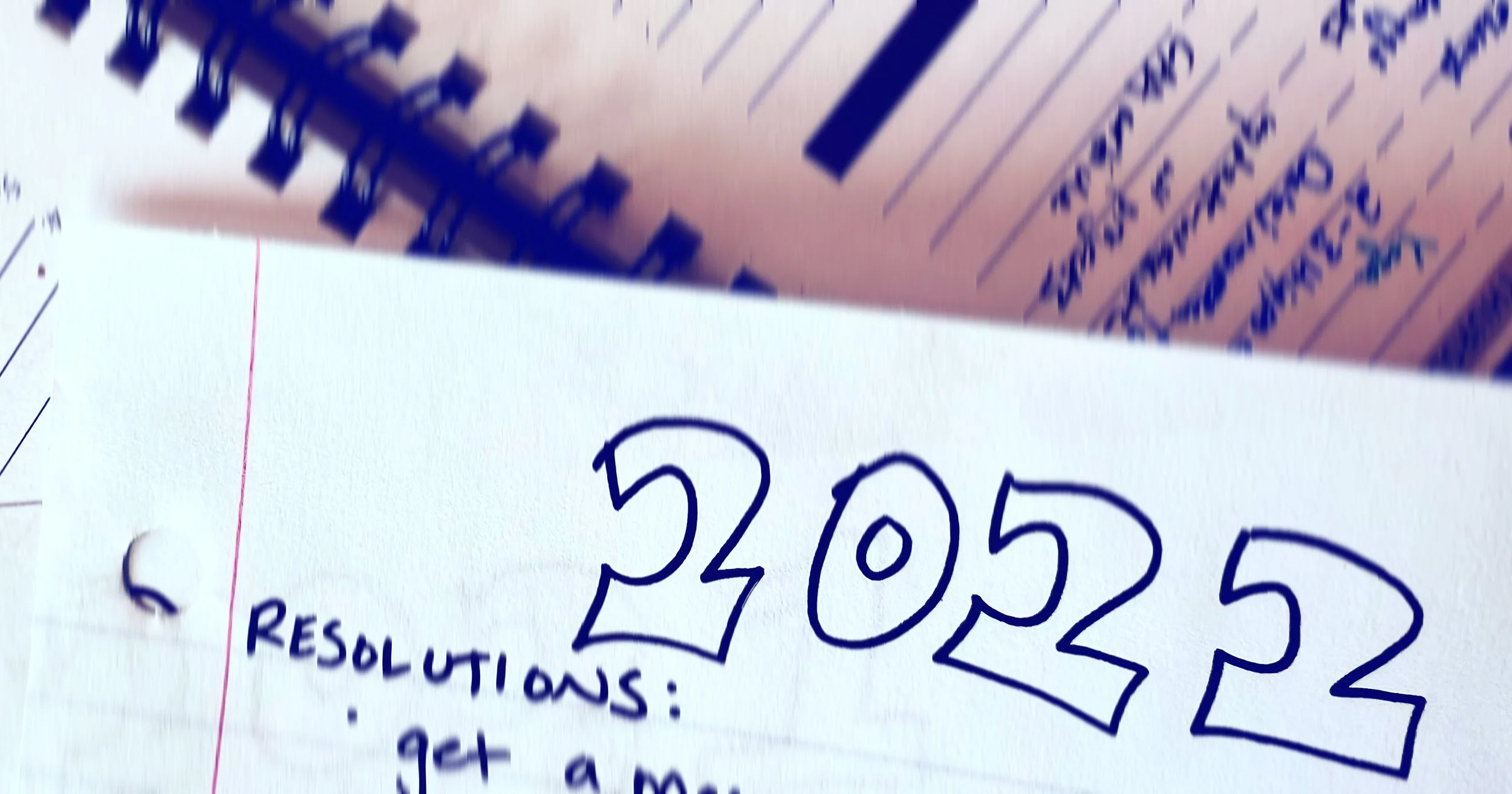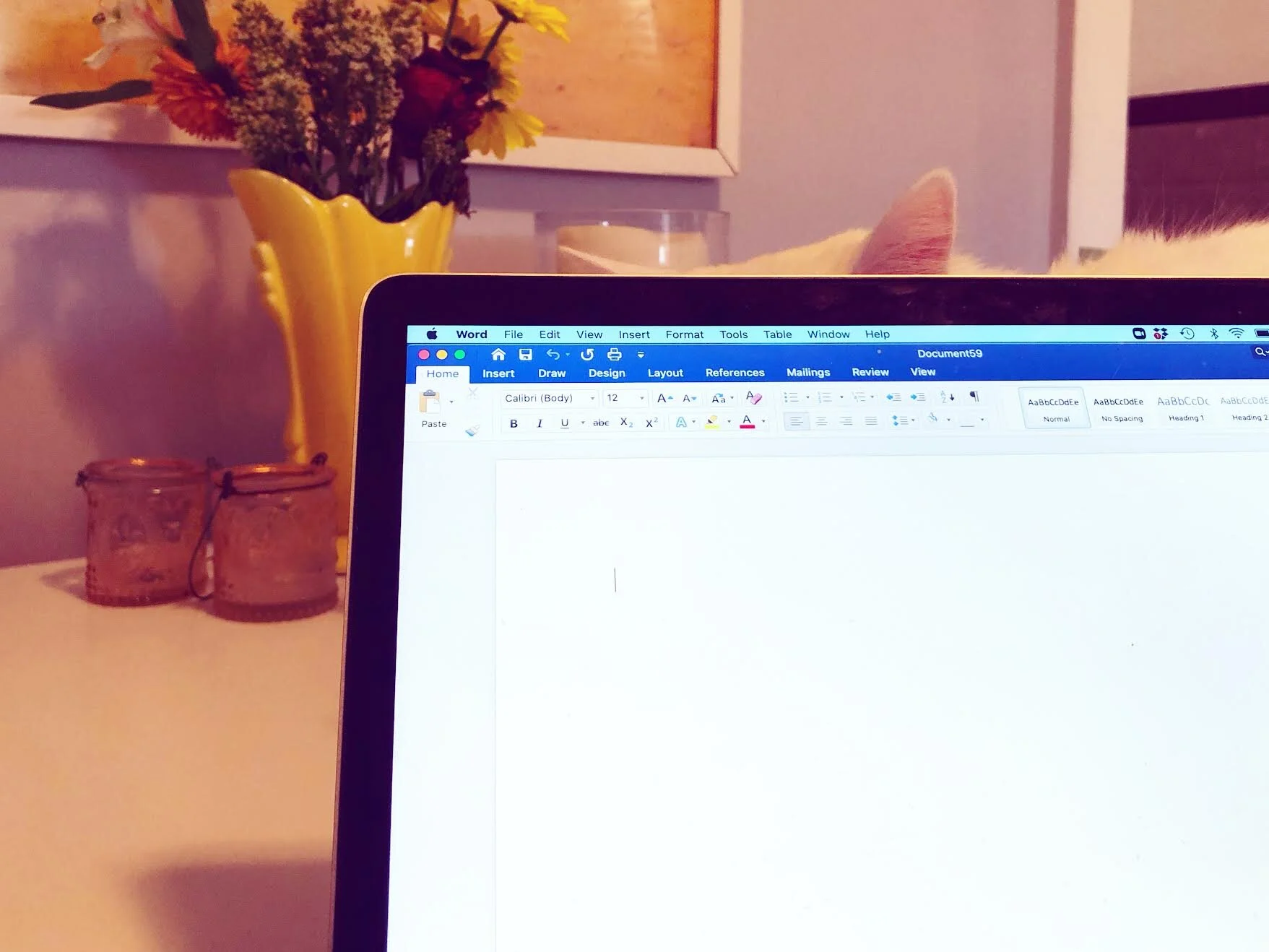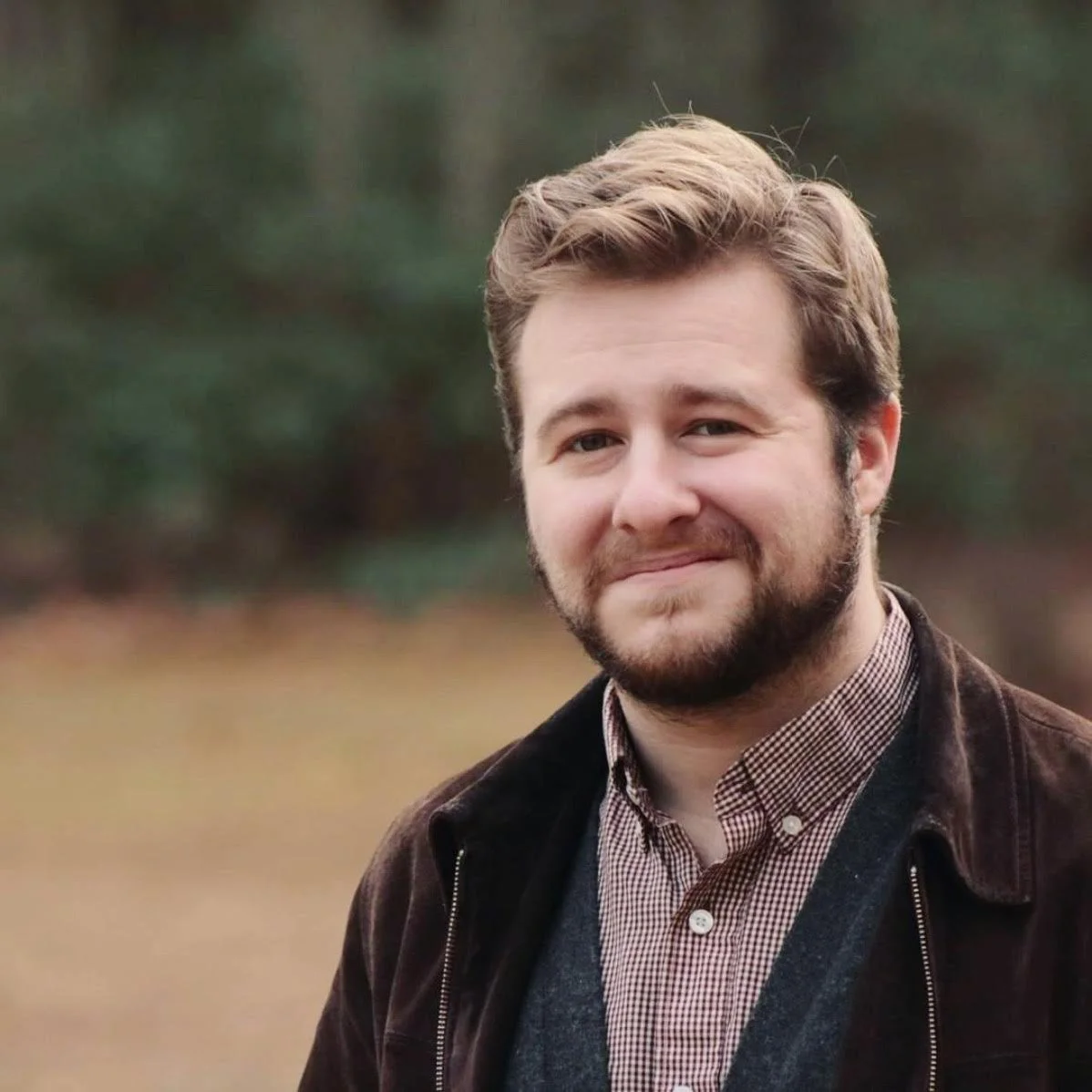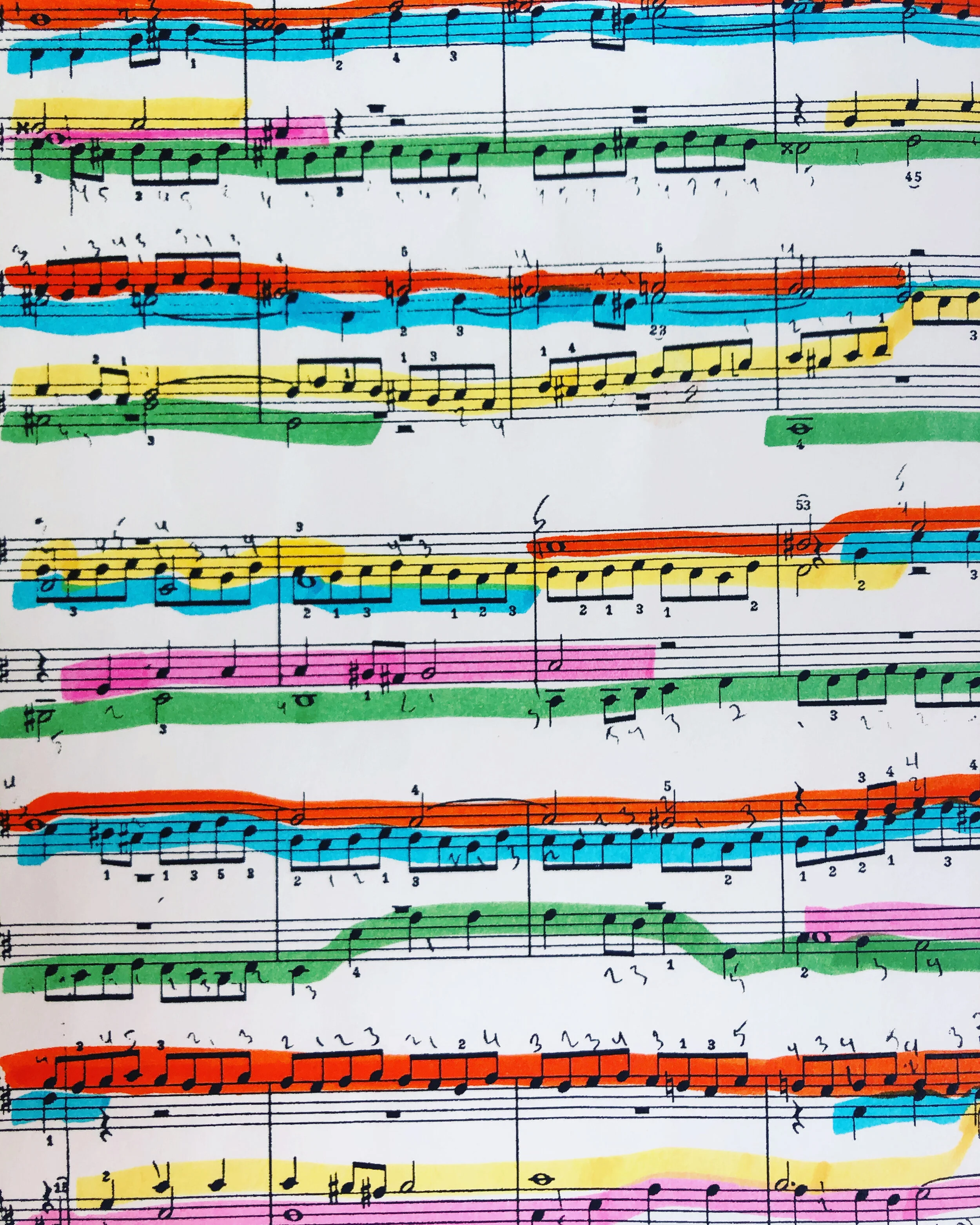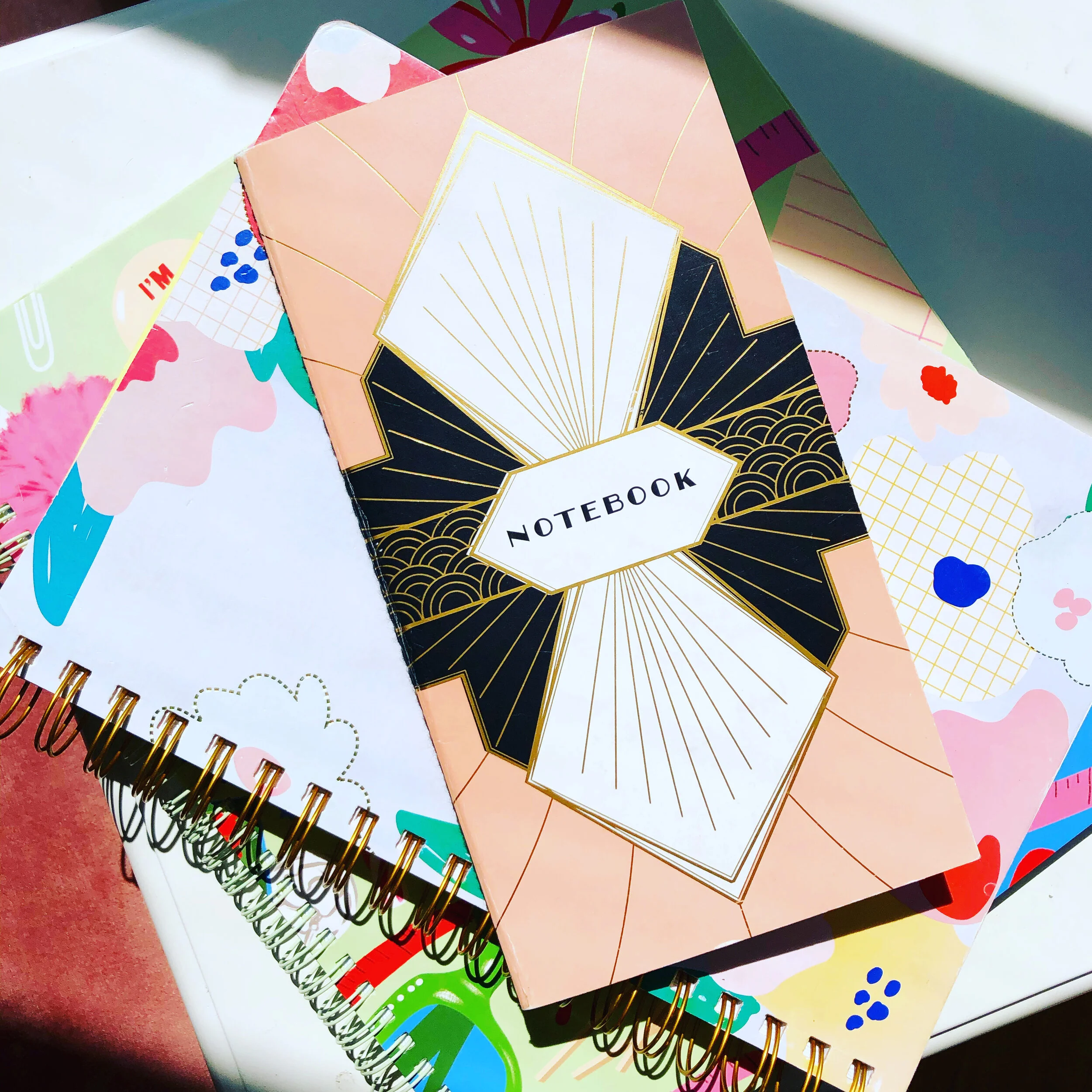I made a rejections collage. Yes, a real-life collage—the kind of collage you buy a poster board and glue sticks for—of my rejections. Not all of my rejections, but the ones that were easiest for me to find through my Submittable account and old emails. I wanted to write about rejection, and it felt important that I spend quality time with my rejections in order to do so.
Read MoreNadja Lubiw-Hazard recently won the 2021 Siskiyou Prize for Environmental Literature for her short story collection The Life of a Creature. A Toronto-based writer and veterinarian, she talked with me about her dual love of art and science, a writing career that started in the early years of motherhood, and why fiction is her chosen creative space.
Read More“Writing is rewriting” gives off a lot of that “practice makes perfect” energy, doesn’t it? It implies that you have to actually, you know, work and struggle. I like writing because in writing I don’t “have to rebuild all the time” in the way I have to do as a musician. But most expert writers seem to agree this is the real work of it all.
Read MoreWhether or not you “believe” in resolutions or the blank slate of the New Year, the idea of stepping back and taking stock of ourselves allows for a useful reflection we might otherwise skip. The dictionary says “to resolve” is “to decide firmly on a course of action.” It’s really just about a little active planning: Who do you want to be? How will you do it?
Read MoreLoneliness plays a recurring role in creative work. Feeling lonely can connect us more deeply to our emotions, keep us undistracted by the needs and demands of others, and free us from others’ expectations—plus, our imagination kicks into gear because it works most when it’s needed.
Read MoreIt was so much fun to interview Carleton Whaley for this week’s Q&A because experimentation and discovery are at the heart of his creative process. Carleton’s fiction has been nominated for the Best of the Net Anthology and longlisted for Wigleaf’s Top 50. He’s been published in Paper Darts, Occulum, New South Journal, Five: 2: One, and so much more.
Read MoreArtist Hannah Drossman understands the importance of spontaneity in the fight against perfectionism. Her work has been published in The New York Times, The New Yorker, The Boston Globe, Buzzfeed, FiveThirtyEight, and more. She talked with me about the joy of working in mediums she can’t control, making choices in the moment, and letting the subconscious flow.
Read MoreI find myself using my piano training all the time when I’m writing. In the world of screenwriting, there are already musical terms in the jargon—a character might be too “one-note,” for instance, and scripts move in “beats.” For me, sitting through a good movie is virtually the same experience as sitting through a good musical performance.
Read MoreWhile I’ve only interviewed four artists for Wild Minds so far, I’ve noticed they all share an apparent lack of writer’s (or creator’s) block. Developing a trove of ideas means there’s always something to work on—it’s a constant gift to your future artist self. But don’t ideas have to come out of nowhere? Ugh.
Read MoreI used to be a confident performer who loved the adrenaline rush of performance. As time went on, the adrenaline rush became anxiety. This anxiety grew until the point that I got so nervous—shaking, sweating, heart pounding, stomach churning—before performances that, a couple of years ago, I decided to stop for a while.
Read More
